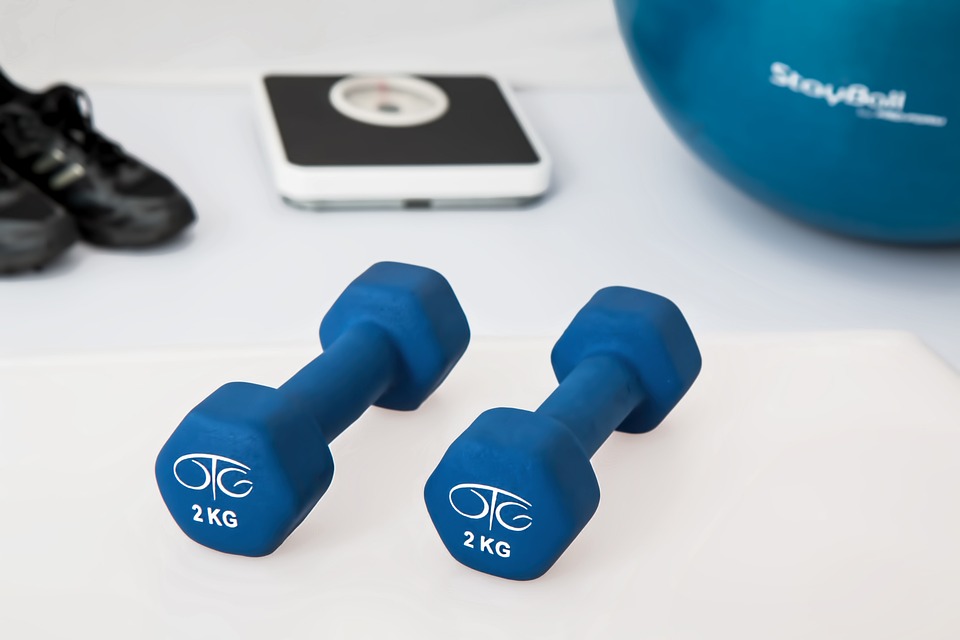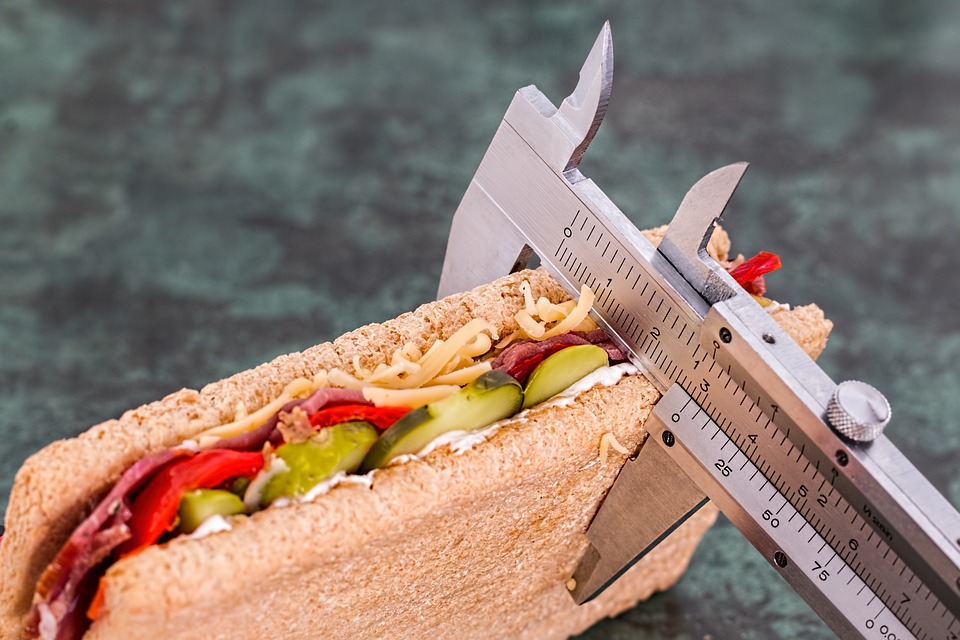In May 2017, Chicago resident Qamar Mateen, then 75, joined Rush University’s MIND Trial to Prevent Alzheimer’s out of growing concerns for her family history. After recently losing her father and uncle to Alzheimer’s disease and dementia, she wanted to develop lifestyle habits that would help her improve the health of both her body and mind in order to reduce her risk of developing the same neurological conditions that claimed the lives of her relatives.
At the beginning of the study, Mateen weighed 186 pounds and had a high blood pressure level of 181/71 millimeters of mercury. But after adhering to a diet that combines the clinically proven benefits of the Mediterranean and DASH diet for three years, Mateen lost 31 pounds and significantly lowered her blood pressure levels to 138/64 millimeters of mercury. She has since then continued to follow the MIND diet, which has allowed her to maintain her progress.
“I had to eliminate the word ‘diet’ in my thoughts. It was changing my eating pattern for me,” Mateen says. “When I think of a diet, I think of a beginning and an end. Over three years of the program, I tried to incorporate these ideas or these changes in my mind. What I found worked for me wasn’t so much trying or not trying everything, but making the changes where it was necessary.”
“Instead of waking up and eating what was available, I knew before I went to bed the night before what I was going to have when I got up,” Mateen says.
She began planning and tracking her meals to make sure that she was consuming enough servings of green leafy vegetables, nuts, berries, beans, whole grains, fish, poultry, olive oil and wine to meet the MIND diet’s guidelines. Eventually, she became proficient in swapping unhealthy ingredients with healthy, nutrient-dense alternatives, such as using olive oil instead of butter and eating nuts rather than chips, and found creative ways to incorporate more fruits and vegetables into her daily routine.
“I became the queen of smoothies,” says Mateen, whose typical smoothie recipe consists of berries, bananas, apples and a splash of orange juice or 1% skim milk.
Indeed, the MIND diet has helped Mateen lower her weight, blood pressure and need for diabetes medications – all of which are important for keeping the heart healthy. But Mateen finds the diet to be a success for keeping her brain healthy, as well.
In fact, the mind-body connection is stronger than ever for Mateen, now 81.
“My mind is 65. My body, it all depends on what day,” she says. “But my mind and my body are engaged, and we’re getting ready to get married. They’ve finally come to an agreement because sometimes my mind does not have the consideration it should for my body, and sometimes, my body wants to hold my mind back.”
Although the MIND trial concluded in July 2020, Mateen doesn’t consider it the end of her journey. It’s an ongoing process for her that she maintains to this day in order to continue reaping the neuroprotective and heart-healthy benefits of the MIND diet.
“The diet is something that is a gift that continues to keep giving,” she says. “It was one of the best things I could have done for myself.”







